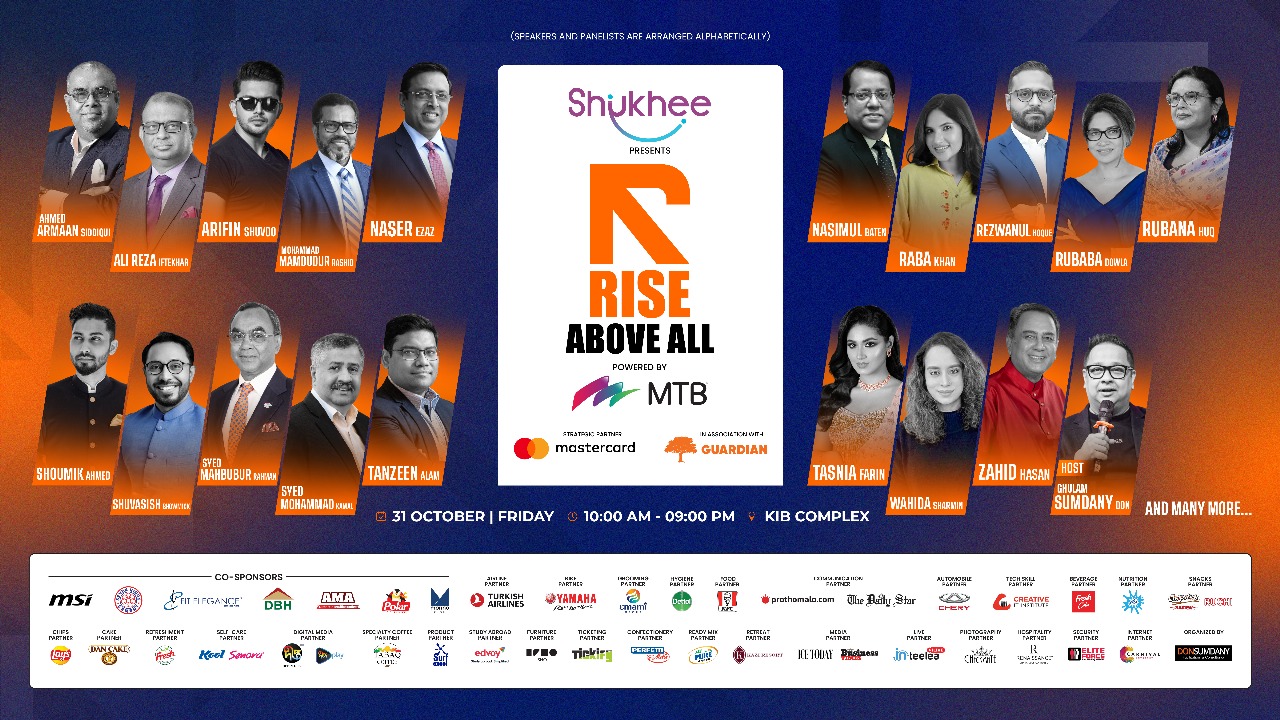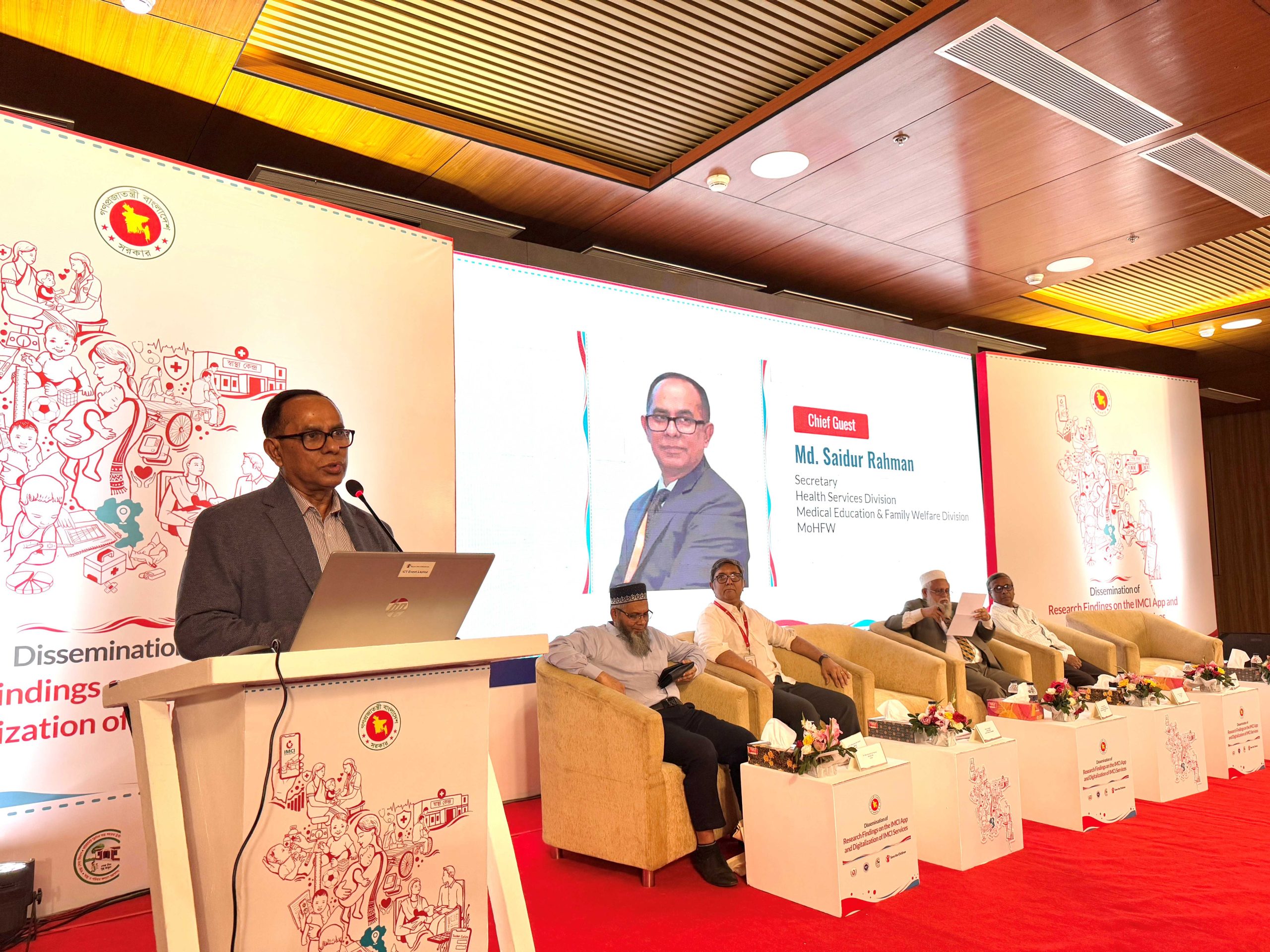An overview of an intermediate-level online specialisation in data management for business and communication.
Big Data, a fairly ‘old’ concept by now is still a crucial topic that must be understood in order to extract valuable information from volumes of large data. Data, when processed properly can be utilised as information to unleash an organisation’s full potential. However, this requires needing to extract value from data and effectively communicating the information obtained.
The course Business Data Management and Communication Specialisation is tailored to deliver a well-balanced curriculum that focuses on all three aspects: understanding data, extracting valuable information, and effective communication.
The courses in the specialisation focus on advanced accounting, working with big data, communicating data and information analysis.
The topics of the specialisation include the basics of analysing balance sheet and cash flow statements, accrual accounting and fundamental accounting concepts, data collection, analysis and visualisation, R programming language, generating economic value, and learning how to gauge the potential of valuable information.
The core concept based on which the specialisation is structured is that data and information when utilised effectively, can provide significant economic benefits. Getting from raw data to valuable information involves a plethora of analytical processes and understanding of the underlying data. Each course in the specialization will provide an in-depth application and data analysis exercise.
Completing the specialisation will equip you with hard and soft skills that are in high demand for both entry-level and mid-level roles at large organisations. The skills you will gain are leadership and management, business analysis, business communication, accounting, finance, data management, data analysis, statistical programming, big data, data visualisation, and data storytelling.
You will get a certificate for completing each course and a certificate for completing the specialisation which you can share directly to your LinkedIn profile.
COURSE 1
Financial Accounting Foundations
In this course, you will learn the foundations of financial accounting information. You will start your journey with a general overview of what financial accounting information is and the main financial statements. You will then learn how to code financial transactions in financial accounting language. In the meantime, you will learn about the most important concept in contemporary financial accounting: accrual accounting. You will then critically analyse how firms recognise revenues. Finally, you will finish the course with an analysis of accounting for short-term assets where you will go into detail on how firms account for accounts receivables and inventories.
Modules : 5
Videos : 34
Readings : 24
Quizzes : 24
Duration : 14 hours
COURSE 2
Financial Accounting Advanced Topics
In this course, you will explore advanced topics in financial accounting. You will start your journey with accounting for assets that have more than one year of life. You will learn in detail how firms account for fixed assets. You will then move to financing of assets and discuss accounting for liabilities. The course will continue with an in-depth exploration of shareholders’ equity. Finally, you will critically evaluate the preparation, components, and analysis of the cash flow statement. The course teaches you advanced accounting skills through case studies, labs, and practice quizzes. Besides needing to complete videos, you will also be required to complete supplementary reading materials.
Modules : 5
Videos : 27
Readings : 26
Quizzes : 25
Duration : 13 hours
COURSE 3
Introduction to Business Analytics: Communicating with Data
This course will introduce you to the science of business analytics while casting a keen eye toward the artful use of numbers found in the digital space. The goal of this course is to provide businesses and managers with the foundation needed to apply data analytics to real-world challenges they confront daily in their professional lives. You will learn how to identify the ideal analytic tool that serves the specific needs of businesses and managers; understand valid and reliable ways to collect, analyse, and visualize data; and how to utilise data in the decision-making process for agencies, organizations or clients. Besides videos, readings, and quizzes, the course also has a peer-reviewed assignment that is worked through in every module.
Modules : 4
Videos : 23
Readings : 16
Quizzes : 5
Duration : 15 hours
COURSE 4
Introduction to Business Analytics with R
You will learn how to process data using R and RStudio, an integrated development environment for R. You will also explore the interaction between business principles and data analytics. As you learn about the business analytic workflow you will also consider the interplay between business principles and data analytics. Specifically, you will explore how delegation, control, and feasibility influence the way in which data is processed. You will also be introduced to examples of business problems that can be solved with data automation and analytics, and methods for communicating data analytic results that do not require copying and pasting from one platform to another.
Modules : 4
Videos : 56
Readings : 15
Quizzes : 5
Duration : 16 hours
COURSE 5
Infonomics I: Business Information Economics and Data Monetisation
This course provides a non-technical perspective on and methods for understanding and taking advantage of information’s unique economic characteristics. Starting with dissecting whether the information is or isn’t an asset, you, as a learner will begin to appreciate the challenges and opportunities by treating it as one. You will then examine how information behaves in the context of various familiar micro-economic concepts, and what can be gleaned from this to improve the way information is managed and leveraged. You will also explore the various ways information can generate economic benefits or be monetised.
Modules : 5
Videos : 38
Readings : 17
Quizzes : 32
Duration : 13 hours
COURSE 6
Infonomics II: Business Information Management and Measurement
This course is a continuation of Infonomics I. The course explores how and why to adapt well-honed asset management principles and practices to information, and how to apply accepted and new valuation models to gauge information’s potential and realised economic benefits. In addition, the course will enlighten and inform you on the critical but confounding issues of information ownership, property rights, and sovereignty. You will know how to measure information’s various value characteristics to help justify or prove information-related expenditures. As the course wraps up, you will gain an overview of emergent roles for the information-savvy organisation of the 21st century.
Modules : 5
Videos : 32
Readings : 17
Quizzes : 31
Duration : 12 hours















